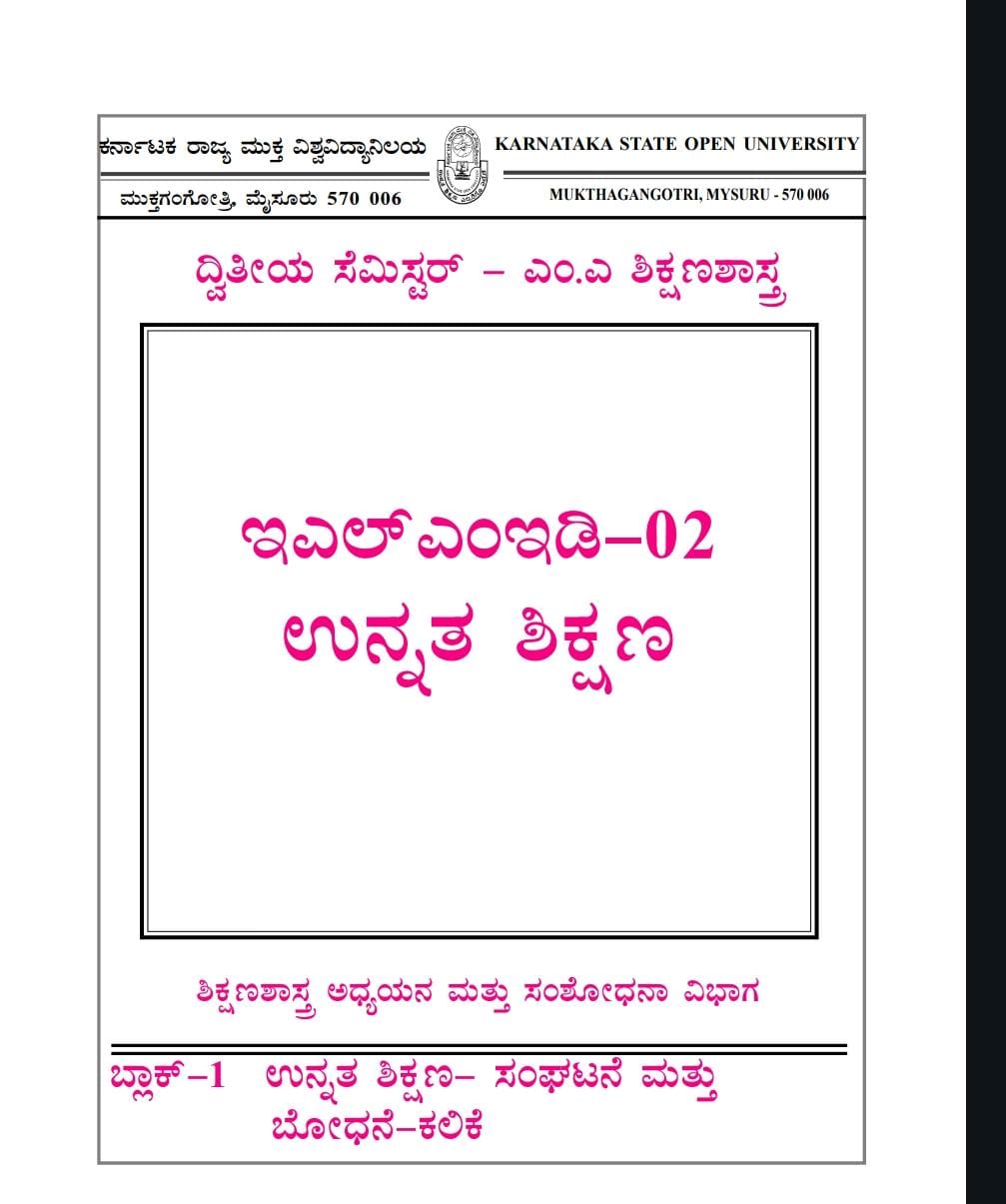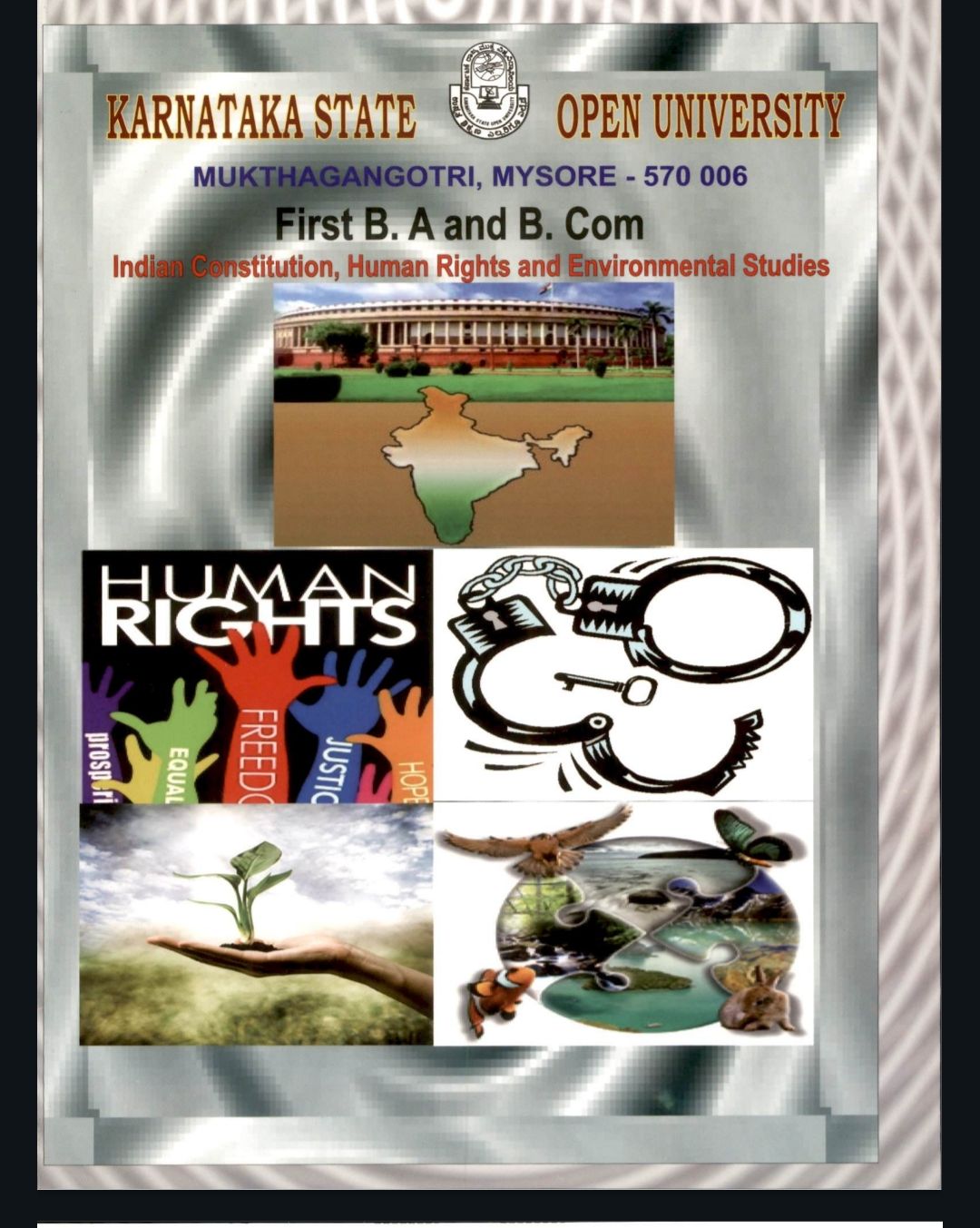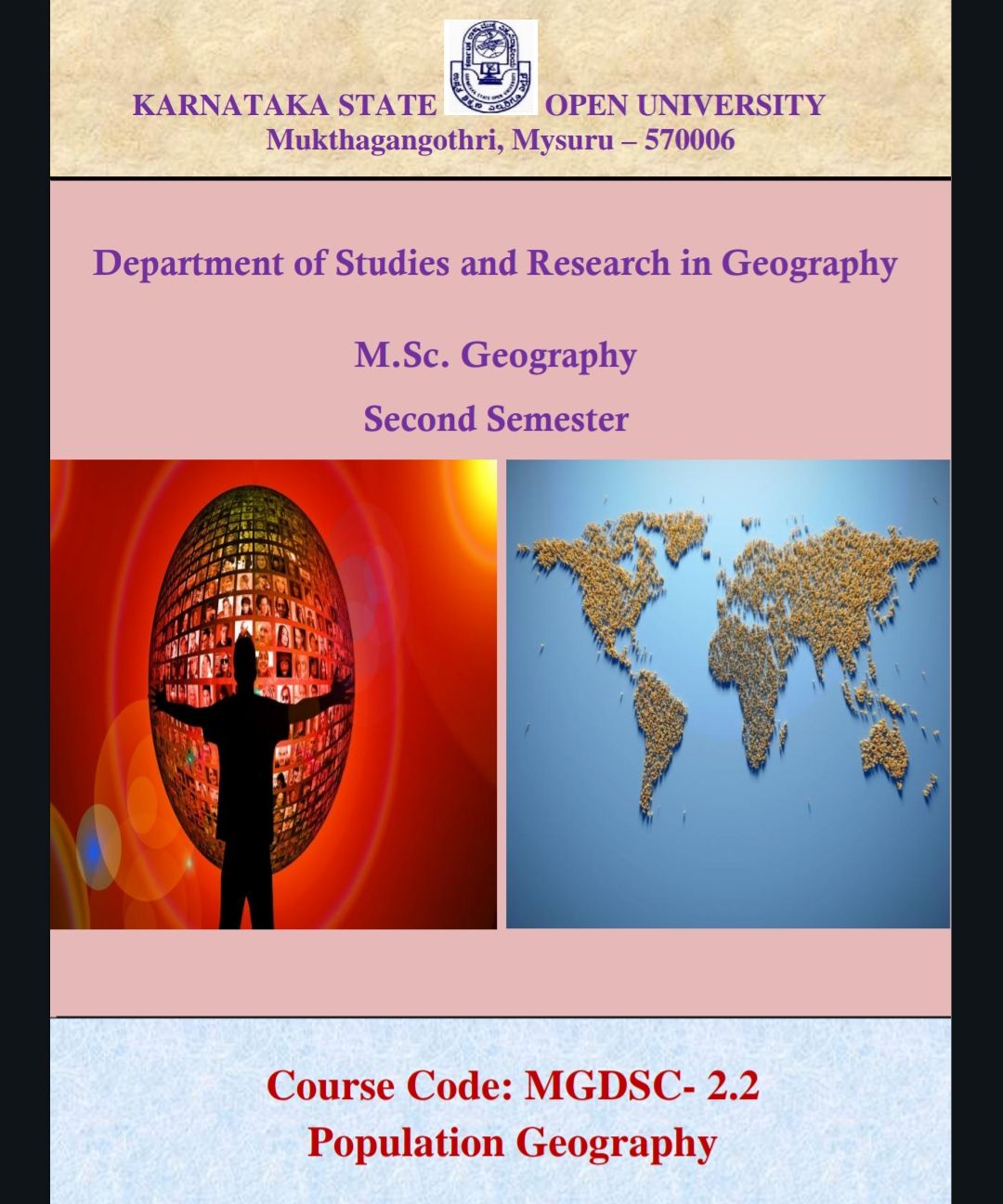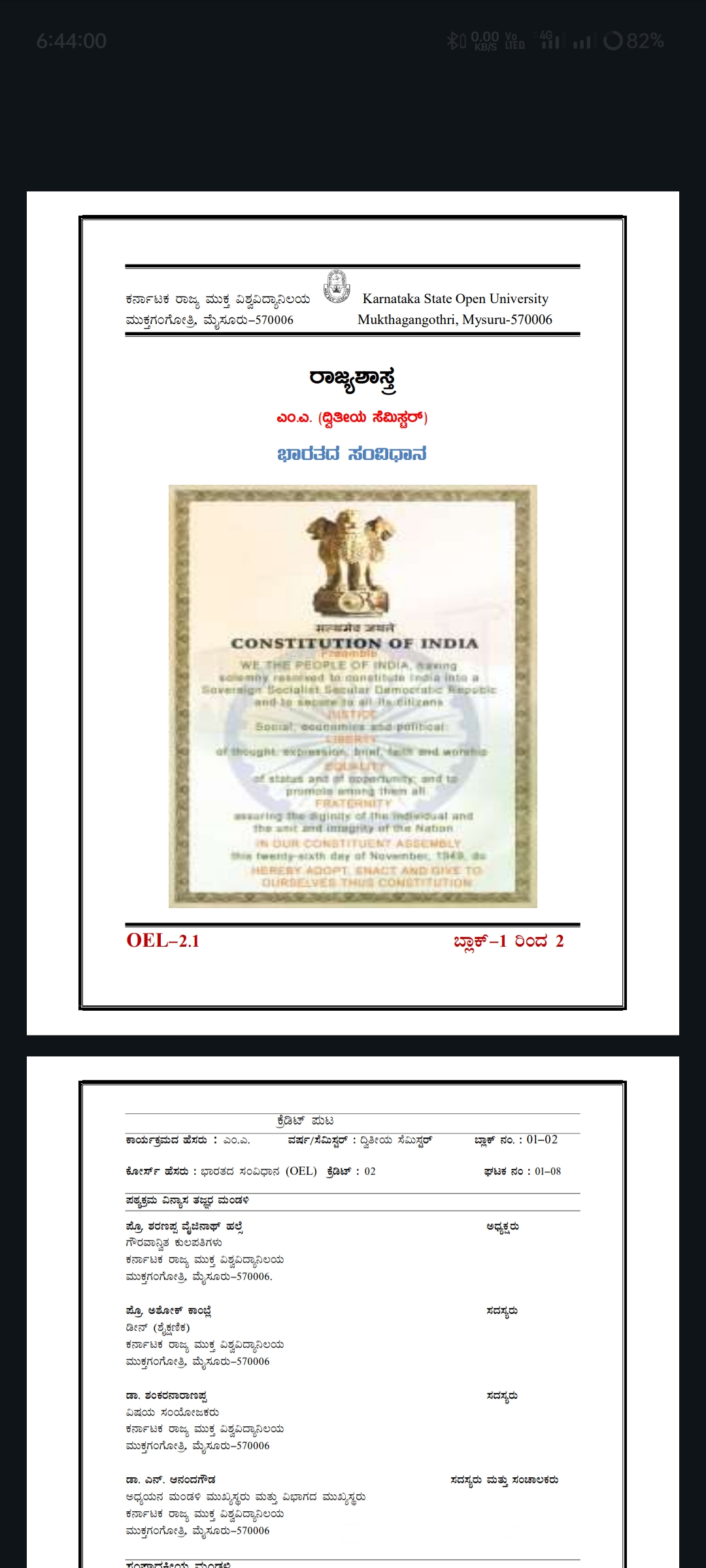Certainly! Education is a broad and multifaceted topic, encompassing various aspects such as learning theories, educational systems, pedagogy, and more. Here are some general notes on education:
- Purpose of Education:
- Education serves multiple purposes, including personal development, societal progress, and economic growth.
- It equips individuals with knowledge, skills, and values necessary for success in life.
- Types of Education:
- Formal Education: Structured and systematic, usually provided by schools, colleges, and universities.
- Informal Education: Learning that occurs outside of a structured curriculum, often through daily experiences.
- Non-formal Education: Organized educational activities outside the formal system, like workshops or training programs.
- Educational Systems:
- K-12 Education: The primary and secondary education system.
- Higher Education: Post-secondary education, including colleges and universities.
- Vocational Education: Training that prepares individuals for specific trades or careers.
- Learning Theories:
- Behaviorism: Learning is a response to external stimuli.
- Cognitivism: Emphasizes the mental processes involved in learning.
- Constructivism: Learners construct their own understanding of the world through experiences.
- Teaching Methods:
- Lecture Method: Instructor-centered, with the teacher delivering information to students.
- Active Learning: Engages students in the learning process through activities and discussions.
- Problem-Based Learning: Students solve real-world problems, promoting critical thinking.
- Educational Technology:
- E-learning: Use of electronic media and technology for educational purposes.
- Blended Learning: Combines traditional classroom instruction with online learning.
- Educational Apps and Tools: Various software and applications designed for educational use.
- Assessment and Evaluation:
- Formative Assessment: Ongoing assessments during the learning process.
- Summative Assessment: Evaluations conducted at the end of a learning period.
- Authentic Assessment: Performance-based assessments reflecting real-world tasks.
- Inclusive Education:
- Promotes equal access to education for all students, regardless of their abilities or disabilities.
- Focuses on creating a supportive and accommodating learning environment.
- Global Trends in Education:
- Digital Literacy: The ability to use technology for learning and communication.
- STEM Education: Emphasis on Science, Technology, Engineering, and Mathematics.
- Sustainable Education: Teaching about environmental sustainability and responsible citizenship.
- Challenges in Education:
- Access to Education: Disparities in access to quality education.
- Educational Inequality: Differences in educational outcomes based on factors like socioeconomic status.
- Technology Integration: Ensuring equitable access to technology in education.
Remember that the field of education is dynamic, and ongoing research and advancements continually shape educational practices. These notes provide a broad overview, and more in-depth exploration can be done in each of these areas.
File name :M.A. EDUCATION: TEACHING AND LEARNING
🎓 PAPER -1
🪴Block -೧-೨-೩-4
🍀FILE TYPE: PDF
🌿FILE PAGES-212
🌏FILE Download Option: yes
🏔️File size-
🎈File cost: free
🍀Course Types -CBCS
🍀Special thanks to KSOU
🌐Download option -yes
💫Edited file: no
🖇️File link. Yes
📝Published year -೨೦೨೧
🎓 course-M.A SECOND YEAR
👉File Language: KANNADA
📝Course code-NO
👉Subject – HIGHER EDUCATION
📚 Paper name :-M.A. EDUCATION: TEACHING AND LEARNING
📝Download full PDF 📚 free
KSOU MYSORE
KANNADA MEDIUM
USES OF COLLEGE STUDENTS AND PREPARE THE COMPETITIVE EXAM STUDENTS
DOWNLOAD THE FULL NOTES
🤝Share your friends and support me
JOIN OUR TELIGRAM GROUP
🙏🏻🙏🏻🙏🏻🙏🏻🙏🏻🙏🏻🙏🏻🙏🏻



